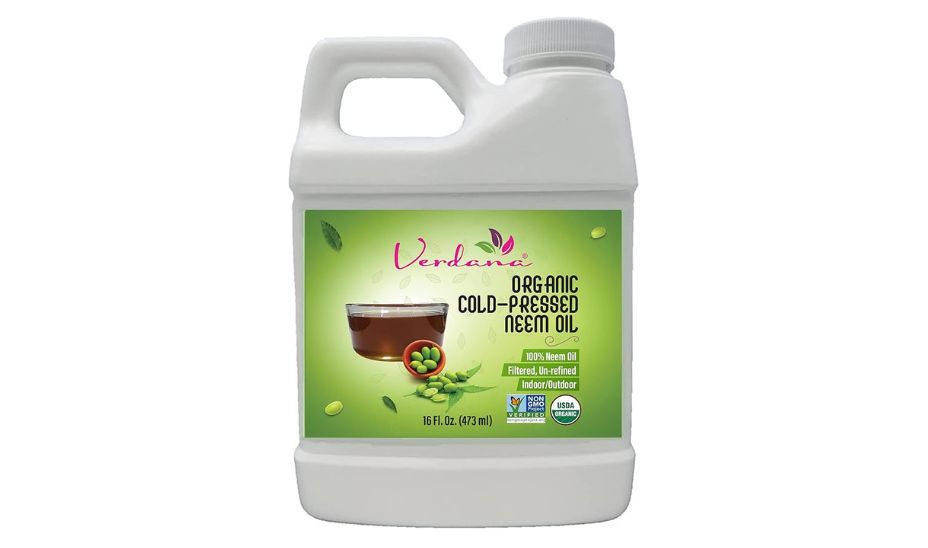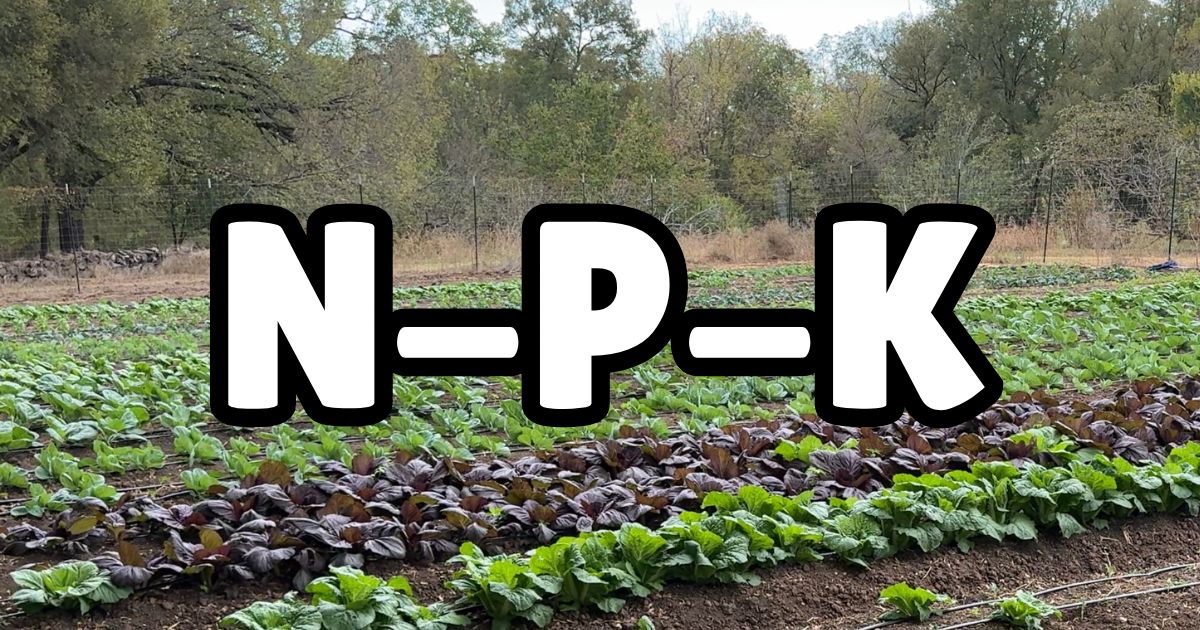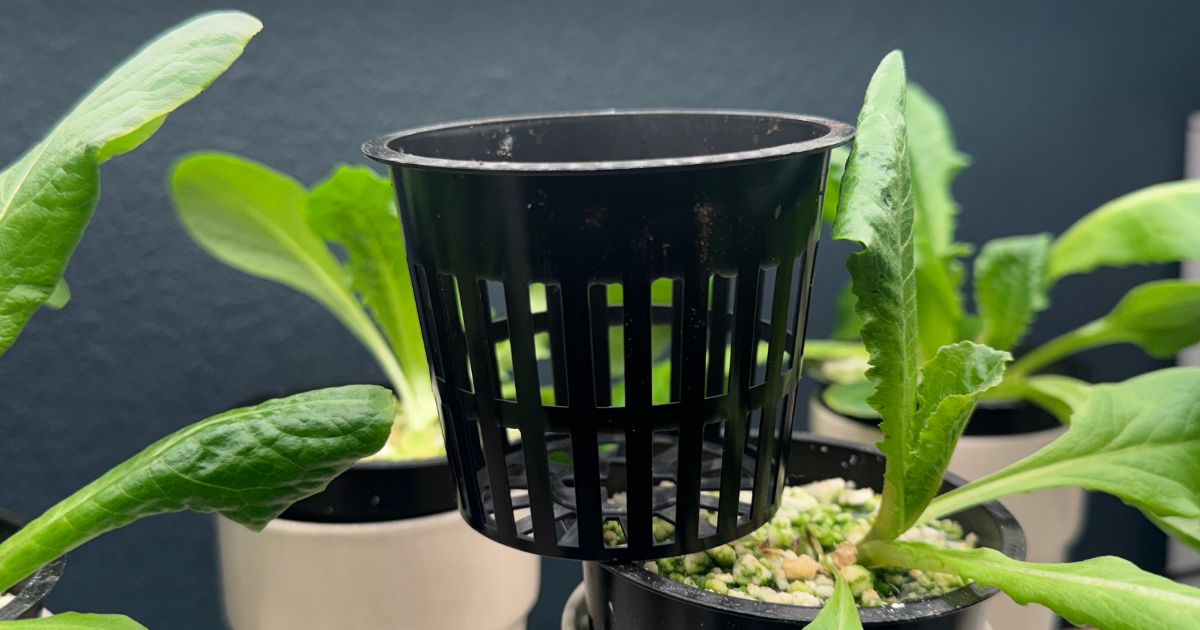
Are Organic Pesticides Safe? Understanding Potential Risks
Organic pesticides are often considered a safer and more environmentally friendly alternative to synthetic pesticides. However, being “organic” does not automatically mean these substances are completely safe. Just like their synthetic counterparts, organic pesticides can pose risks to human health, non-target organisms, and the environment if not used correctly. This article dives deep into the potential harms and considerations when using organic pesticides.
What Are Organic Pesticides?
Organic pesticides are derived from natural sources such as plants, minerals, or microbes. Examples include neem oil, pyrethrin, and copper sulfate. These substances are often used in organic farming to manage pests without relying on synthetic chemicals.
While they are regulated to ensure minimal environmental impact, their natural origin does not make them inherently harmless.
Potential Harms of Organic Pesticides
1. Toxicity to Humans
Some organic pesticides can cause adverse effects if mishandled:
- Skin and Eye Irritation: Substances like neem oil or pyrethrin can irritate the skin or eyes upon direct contact.
- Respiratory Issues: Certain organic powders or sprays may irritate the respiratory system if inhaled.
- Acute Toxicity: Pyrethrin, derived from chrysanthemum flowers, is natural but can cause symptoms like nausea, headaches, or dizziness when overexposed.
2. Impact on Non-Target Species
Organic pesticides can unintentionally harm beneficial insects, such as bees, butterflies, and predatory insects that naturally control pest populations. For instance:
- Pyrethrin can affect bees and fish, leading to ecological imbalances.
- Rotenone, a natural pesticide, is highly toxic to aquatic life and has been linked to neurological issues in humans.
3. Environmental Concerns
While generally biodegradable, some organic pesticides can persist in the environment or cause unintended consequences:
- Copper-based Pesticides: These can accumulate in soil over time, affecting soil microbes and plant health.
- Broad-Spectrum Effects: Many organic pesticides are non-selective, killing both pests and beneficial organisms.
How to Minimize Risks
1. Proper Usage and Handling
Always follow manufacturer guidelines for application rates and safety measures. Wear protective gear and avoid overuse to minimize risks to health and the environment.
2. Timing and Targeting
Apply organic pesticides during times when beneficial species are less active (e.g., early morning or late evening) and target specific pest hotspots rather than widespread application.
3. Integrated Pest Management (IPM)
Combine organic pesticides with other pest control methods, such as crop rotation, biological control, and companion planting. This reduces the need for frequent pesticide use.
Are Organic Pesticides Worth It?
Organic pesticides can be a valuable tool in sustainable agriculture, offering a lower environmental footprint compared to synthetic options. However, they are not a perfect solution and must be used thoughtfully to avoid unintended harm. Understanding their limitations and potential risks is crucial for safe and effective pest management.
Conclusion
While organic pesticides are generally safer than synthetic alternatives, they are not without risks. By using them responsibly and integrating other sustainable practices, farmers and gardeners can protect their crops while minimizing harm to health and the environment.



